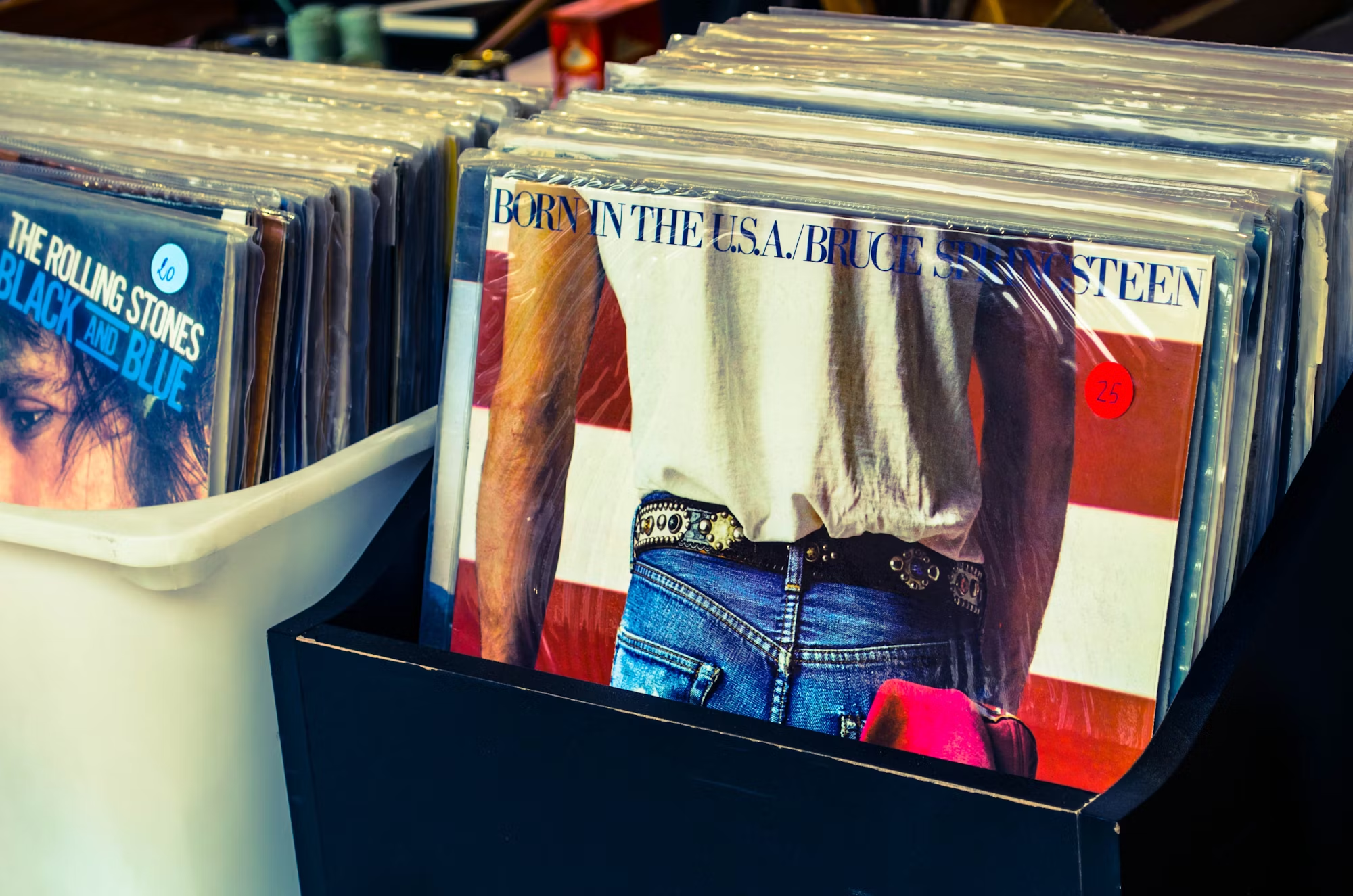Music is an intrinsic part of human existence, shaping our identities, cultures, and social movements. From the rhythmic beats of ancient tribal gatherings to the intricate compositions of modern orchestras, music serves as a powerful medium of expression. This article delves into the various ways music influences society, highlighting its role in cultural identity, social change, and emotional connection.
Throughout history, music has been a reflection of the times. In many cultures, it has functioned as a means of storytelling, conveying the beliefs and values of a community. The use of traditional instruments and unique melodies can be traced back centuries, illustrating how music has preserved cultural heritage. For instance, the folk songs of the Appalachian Mountains in the United States tell stories of hardship, love, and perseverance, connecting generations through shared experiences.
As societies evolved, so did their musical forms. The emergence of classical music in Europe during the 18th century marked a shift towards structured composition and orchestration. Composers like Mozart and Brahms created masterpieces that explored complex emotions and narratives, elevating music to an art form. Concert halls became sanctuaries where audiences gathered to experience the profound emotional depth of these works, showcasing music’s ability to transcend language and culture.
In the 20th century, the rise of popular music transformed the musical landscape. Rock and roll, led by icons like Elvis Presley and The Beatles, brought a new wave of energy and rebellion. This genre not only changed the sound of music but also influenced fashion, social norms, and youth culture. Music festivals emerged as cultural phenomena, bringing together diverse audiences in celebration of creativity and expression.
The hip hop movement of the late 20th century further exemplified music’s role in social change. Originating in the Bronx, hip hop became a voice for marginalized communities, addressing issues of inequality, identity, and resistance. Artists like Kendrick Lamar and Queen Latifah used their lyrics to highlight social injustices, turning their music into a powerful tool for activism. The genre’s rise demonstrated how music can amplify voices and spark conversations about critical societal issues.
Jazz, with its roots in African American culture, also played a significant role in challenging social norms. Pioneers like Miles Davis and Ella Fitzgerald pushed the boundaries of musical improvisation and expression, creating a genre that celebrated individuality and creativity. Jazz clubs became safe havens for artists and audiences alike, fostering an environment where people could come together to appreciate music’s artistry.
The global landscape of music has expanded dramatically, leading to the fusion of genres and the birth of new styles. Reggae, with artists like Bob Marley, brought the sounds of Jamaica to a worldwide audience, promoting messages of peace and unity. Similarly, Latin music has gained immense popularity, with genres like salsa and reggaeton bridging cultural gaps and bringing diverse communities together. These musical exchanges illustrate how music can foster understanding and appreciation across different cultures.
In recent years, technology has revolutionized the way we consume and create music. The rise of streaming platforms has made music more accessible than ever, allowing artists to reach global audiences without traditional barriers. This democratization of music has led to a surge in independent artists who experiment with diverse sounds and styles. As a result, listeners can explore an ever-expanding array of genres, further enriching the cultural tapestry of music.
Music also plays a vital role in individual identity formation. It can evoke powerful emotions, provide comfort during difficult times, and enhance moments of joy. Many people associate specific songs or genres with personal memories, creating a soundtrack to their lives. This emotional connection to music allows individuals to express themselves in ways that words often cannot.
Moreover, music has been shown to promote social bonding. Whether it’s singing along at a concert or dancing with friends at a party, shared musical experiences create lasting connections. Studies have shown that group music-making can foster a sense of community and belonging, bridging gaps between individuals from diverse backgrounds. This unifying power of music is evident in various cultural practices, such as community drum circles or choral performances.
In the realm of mental health, music therapy has gained recognition as an effective tool for emotional healing. It allows individuals to explore their feelings, process trauma, and develop coping mechanisms. The soothing melodies of classical compositions or the uplifting beats of contemporary songs can provide solace and support during challenging times. This therapeutic aspect of music underscores its importance as a vital resource for well-being.
As we look to the future, the influence of music on society will undoubtedly continue to evolve. The emergence of new technologies, such as virtual reality and artificial intelligence, may reshape how we create and experience music. Artists will likely find innovative ways to engage audiences, pushing the boundaries of creativity and expression.
In conclusion, music is not just an art form; it is a profound reflection of society and culture. It connects us, inspires us, and challenges us to think critically about our world. From its role in preserving cultural heritage to its ability to drive social change, music remains an essential part of the human experience. As we continue to navigate the complexities of modern life, the rhythms of music will undoubtedly guide us on our journey.



